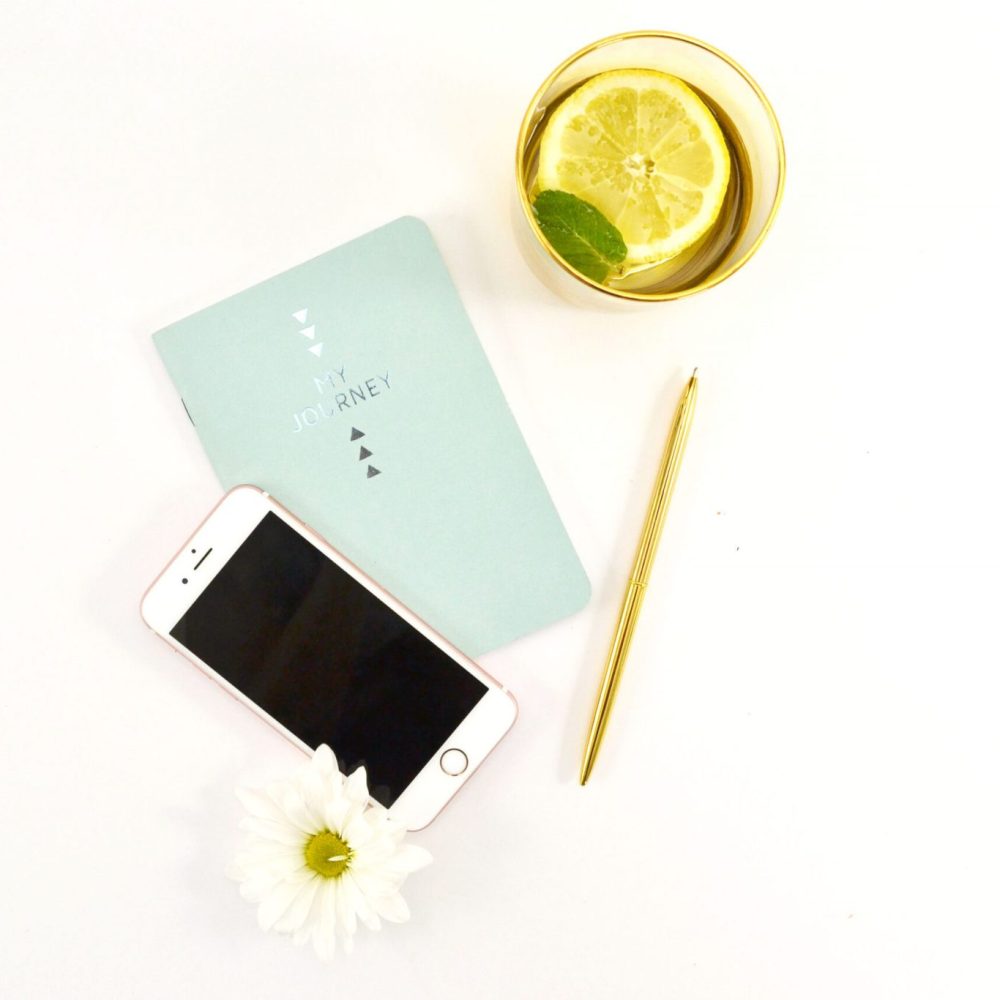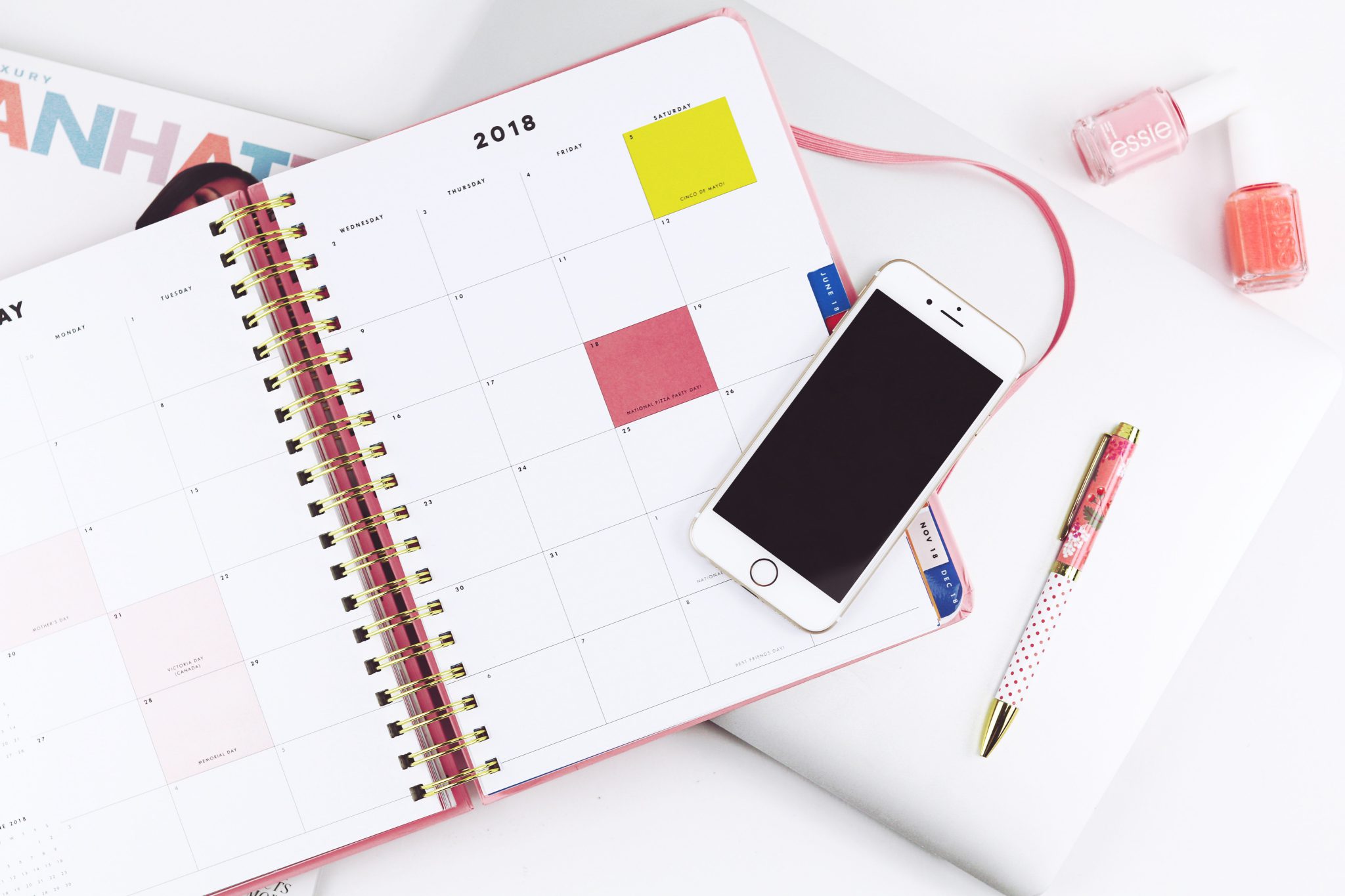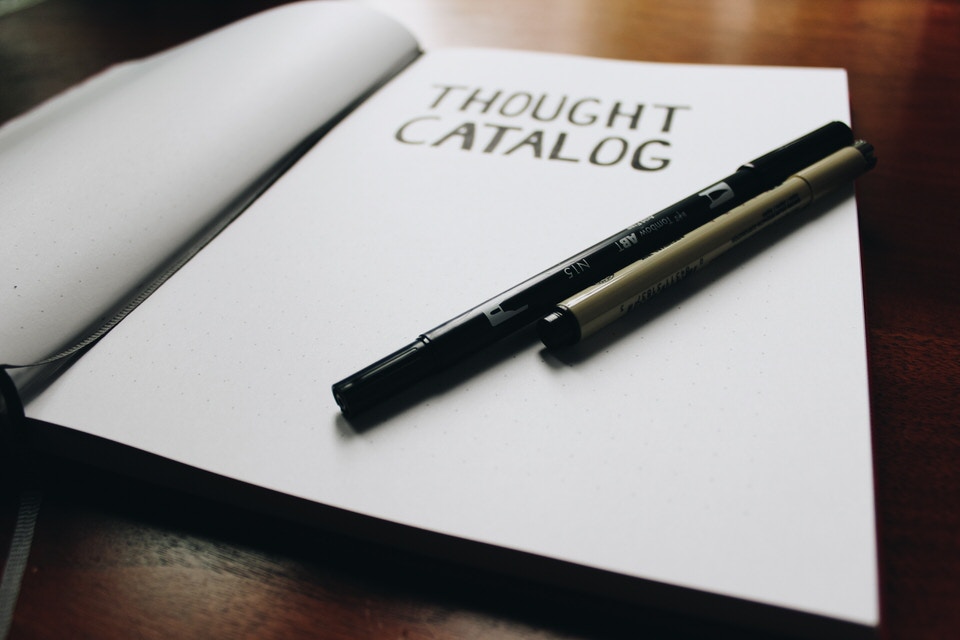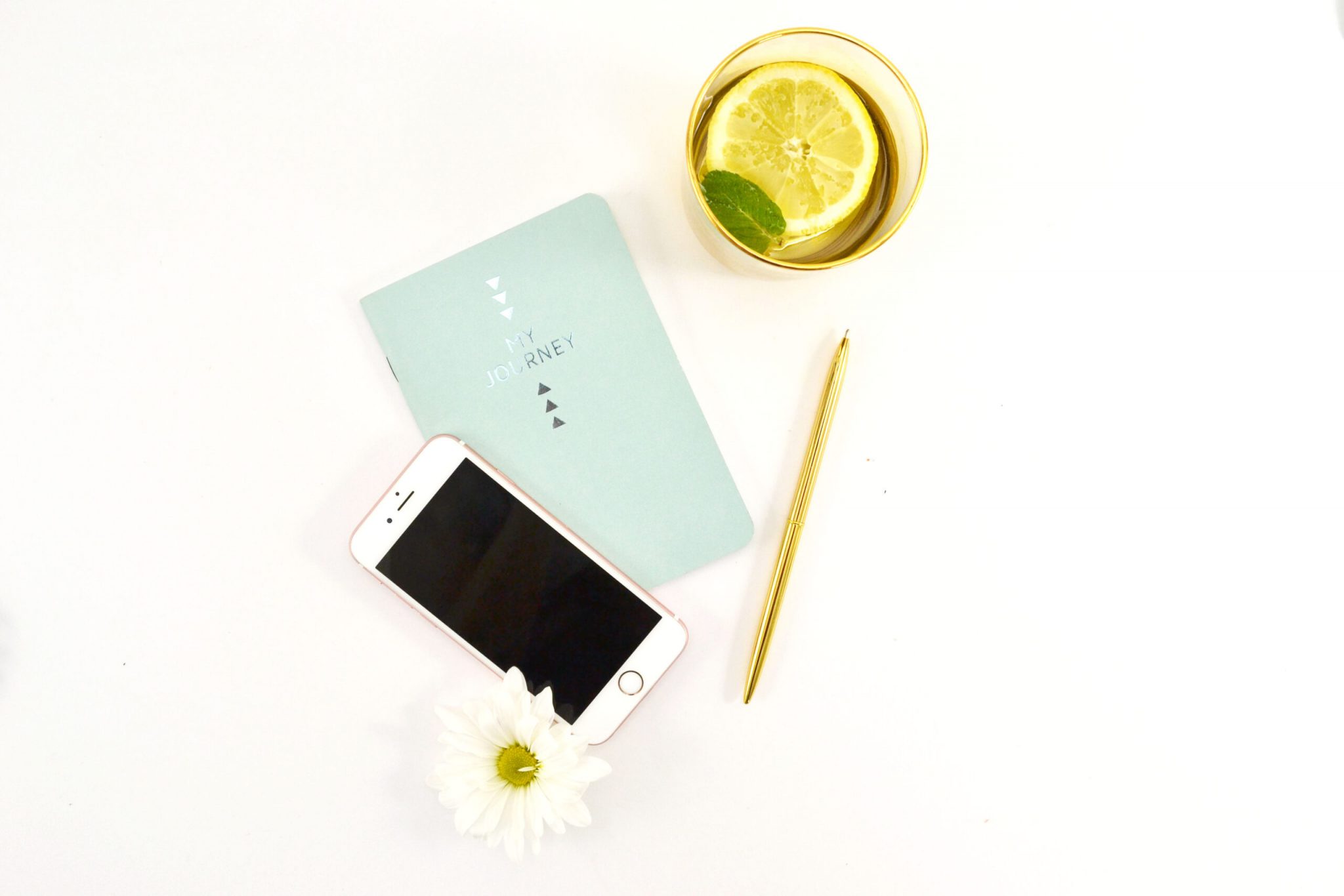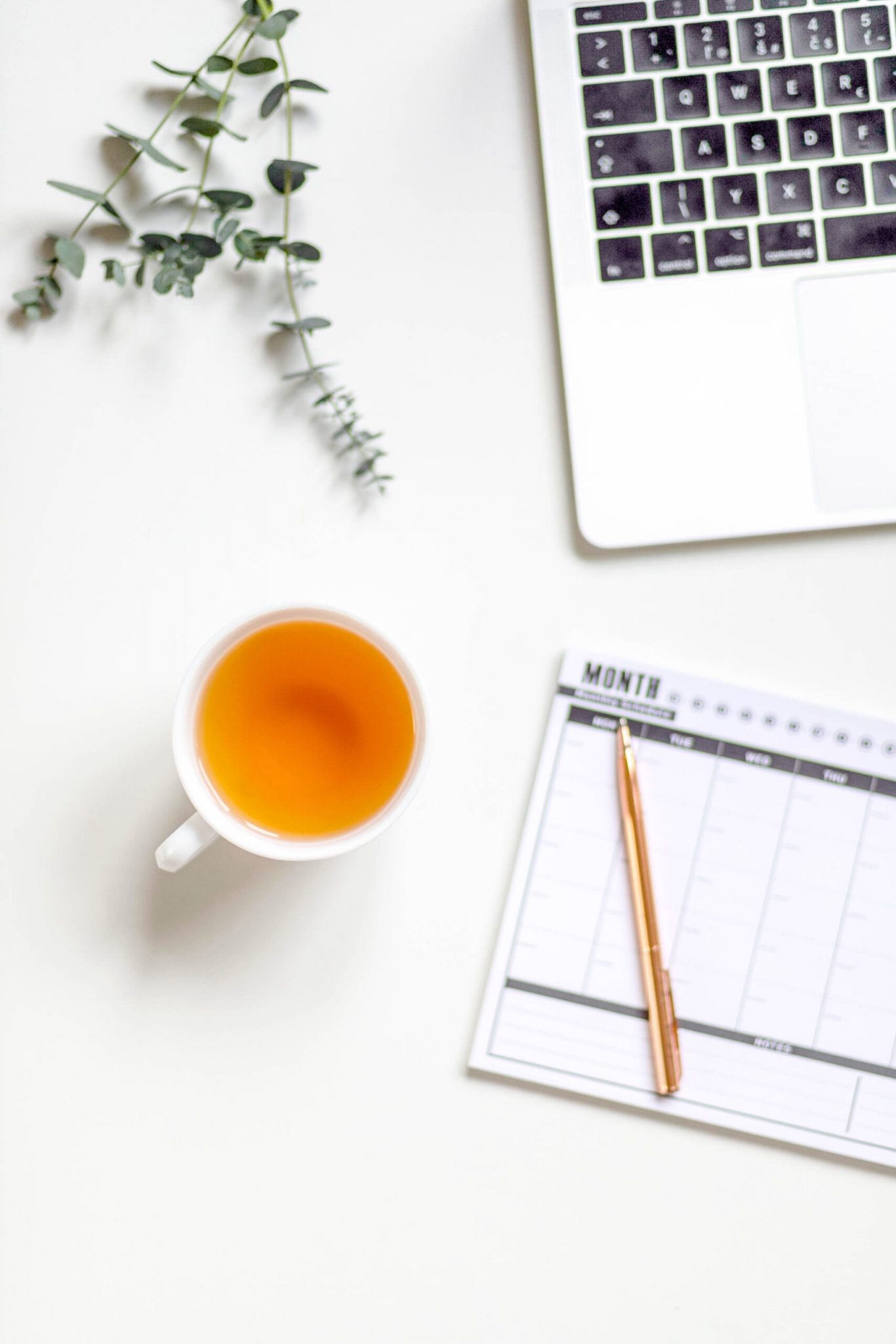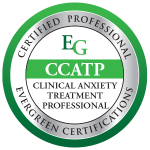Keeping a journal can be incredibly therapeutic; there is no doubt about it. Numerous studies have found that journaling has the following benefits:
- Long-term improvements in mood
- Decreases stress
- Decreases anxiety and depression
- Increases immunity (makes you less likely to get sick, fight specific diseases, and helps physical wounds heal faster)
- Aids in processing traumatic experiences and distressing events
- Lowers blood pressure and improves liver functionality
- Helps in regulating emotions
- Boosts memory and comprehension
- Improves mindfulness and remaining present while maintaining perspective
- Increases creativity
- Improves confidence and promotes a sense of self-identity
Sources:
Do you need any more reasons? Putting pen to paper is one of the most effective ways to reap the benefits of journaling. But, there are also positive mood benefits from typing and blogging.
“Writing accesses the left hemisphere of the brain, which is analytical and rational. While your left brain is occupied, your right brain is free to do what it does best, i.e. create, intuit and feel. In this way, writing removes mental blocks and allows us to use more of our brainpower to better understand ourselves and the world around us.”
Maud Purcell, psychotherapist and journaling expert
How to Start Journaling
Have you tried to start journaling before and maybe you weren’t sure where to start, or what to write? Not a problem! I’m going to share some easy tips to help spark some inspiration, motivation and routine.
1. Find a Journal
Step one is to purchase or find a spot where you can start journaling. You can use a regular notebook or a fancy journal, whatever you prefer and will get you excited to dig in. An alternative is also typing out your thoughts, although as previously stated you will reap the most benefits from physical pen to paper.
Choose what will be the most sustainable for you, and keep the journal in a space that it will be easily accessible and visible so that you will remember to write in it. A location such as your nightstand, purse, backpack, or living room coffee table will work- anywhere that is conducive to where and when you plan to write in it.
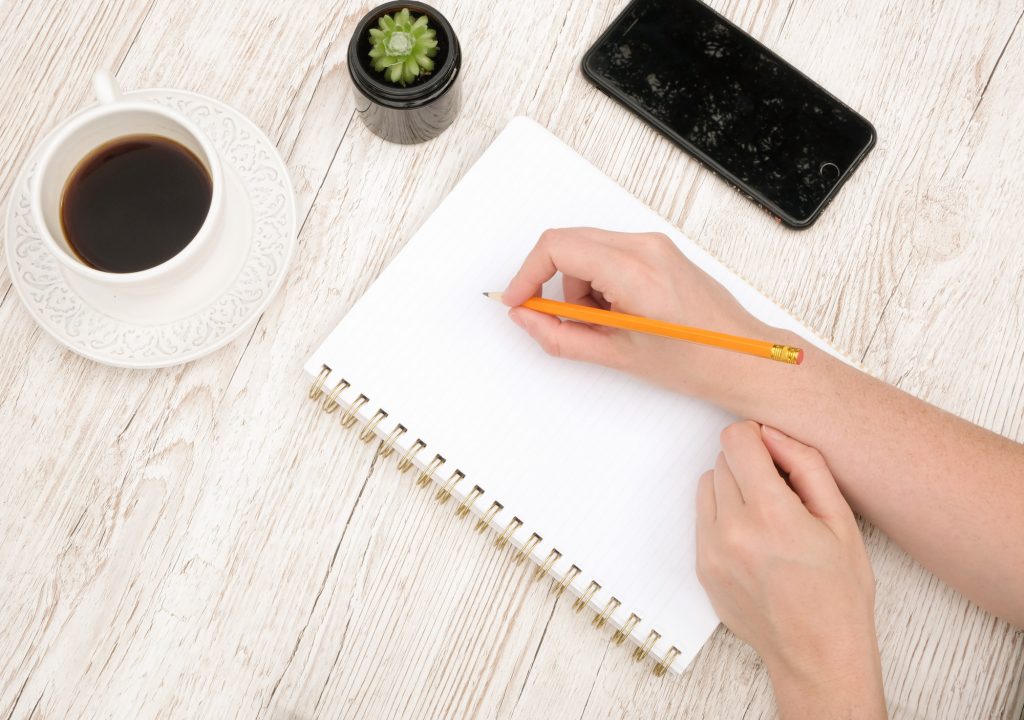
- Journal Suggestions:
- Leuchtturm1917
- Moleskine
- Mead Composition Notebook
2. Choose a Time and Place
One of the most effective ways to maintain a habit is to create a routine around it and schedule it into your day. Each and every person has different preferences and a different routine, so there is no one “right” time to journal.
For example, I prefer to journal in the morning after I have meditated, but I know many people who prefer to journal before going to bed at night as a reflection of their day. Test out different times, or choose one and stick to it. Set a reminder in your phone as well, especially if you need help remembering to journal!
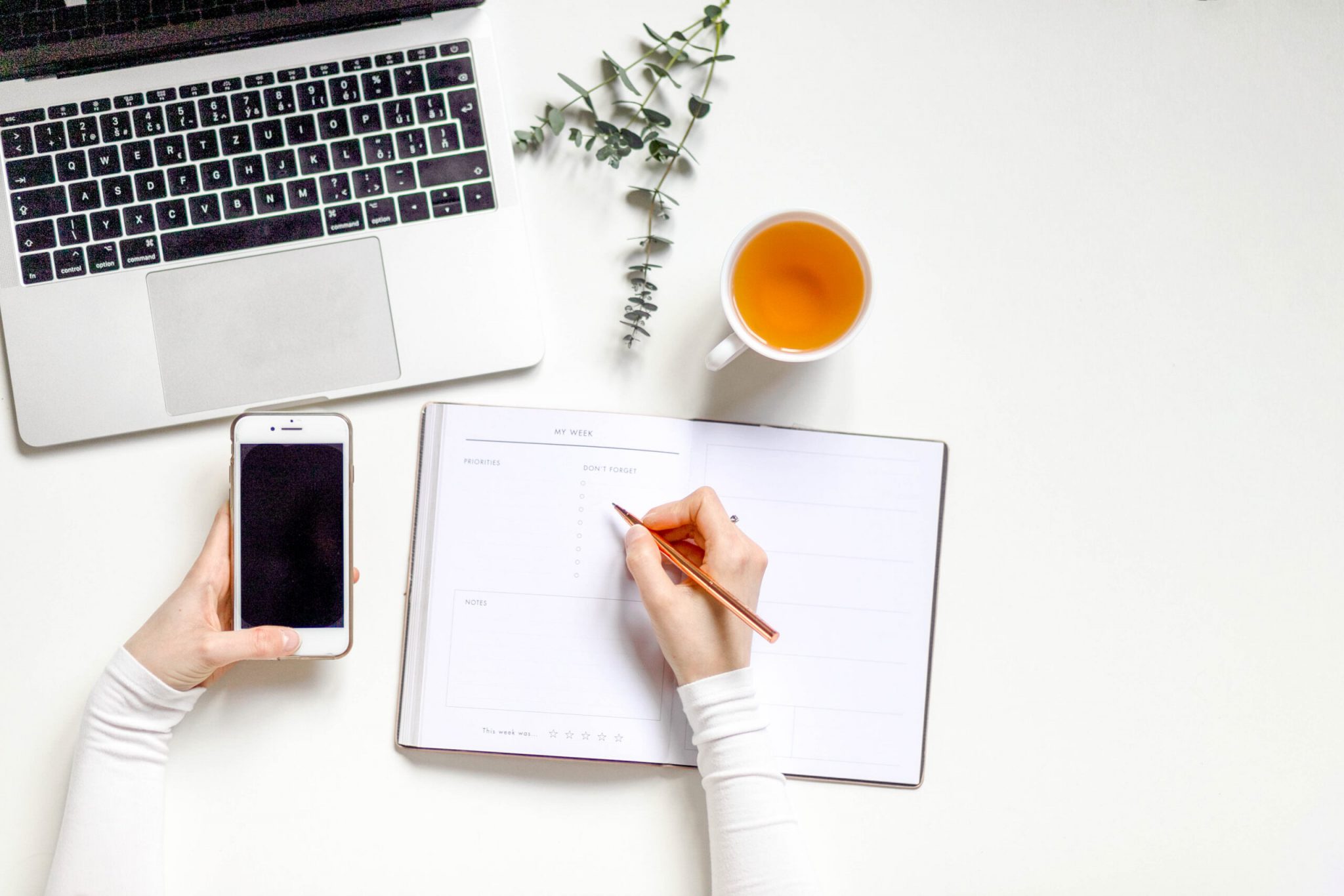
Consistency is the keystone of creating a new habit so be as consistent as possible. Over time, you will come to find that you crave the feeling of release and reflection that journaling provides.
3. Start Journaling
Staring at a blank page can be intimidating, especially if you have a fancy journal that you are afraid of “messing up.” (I’ve definitely been there.) The most important part of journaling though, is getting it out! And the second most important part is being able to get it out without fear of judgment or criticism (which is usually the most harsh from yourself).
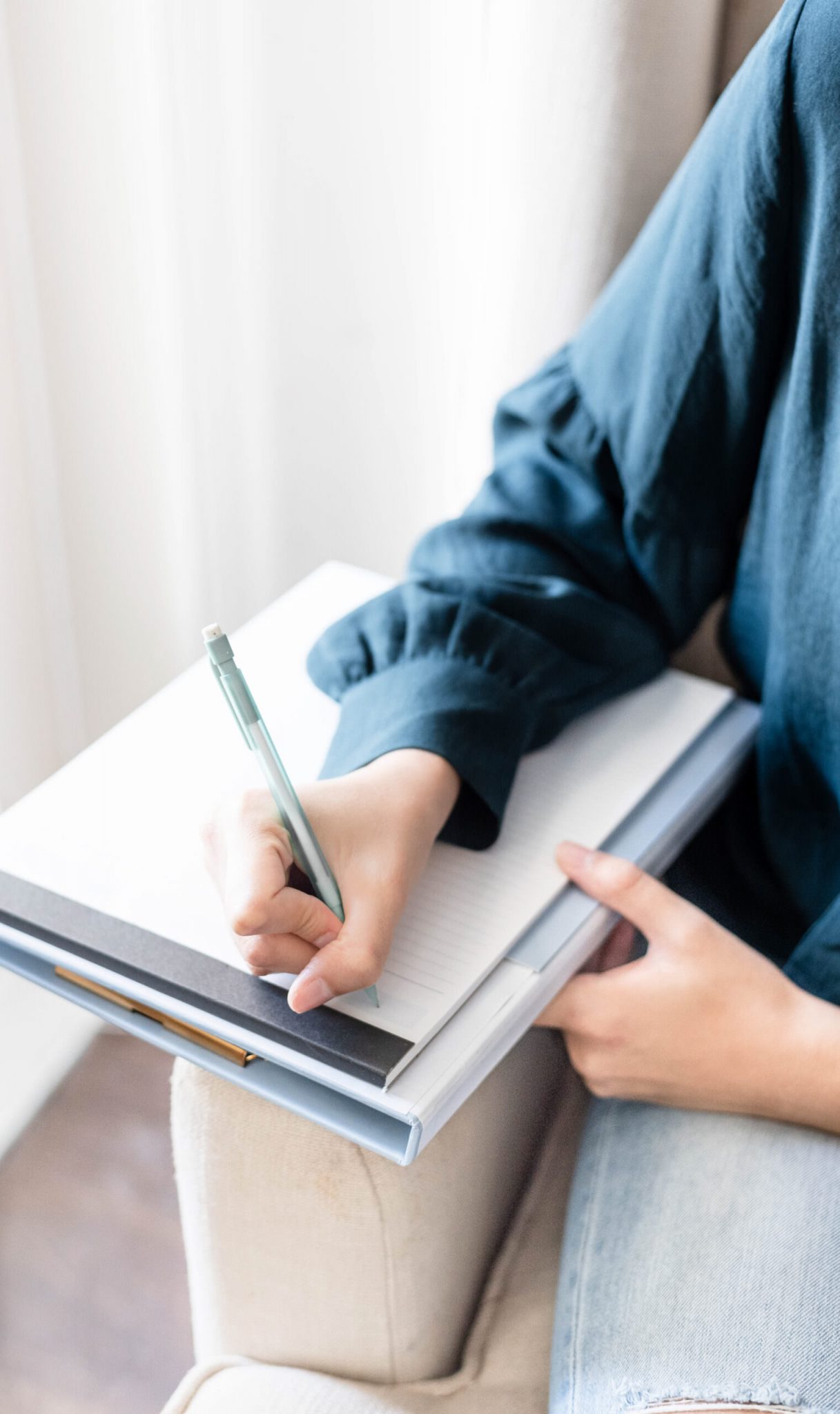
Here are some frameworks to get you started…
Brain Dump
This is literally what it sounds like. Dump all of the thoughts and emotions from your brain onto paper. It doesn’t matter if it’s logical, coherent, or even in sentences. Get it all down, write it out, and this will help you process what you are thinking and how you are feeling. This is an especially helpful method if you are overwhelmed, stressed, anxious, or depressed.
Reflection
Reflect on your day, your mood, your relationships, your family… the possibilities are endless. This is the typical “Dear diary…” format of writing down what happened during your day, week, month, year and then writing your thoughts about it.
Example:
“Today was okay. It started off great because we went to the zoo but then I got in an argument with my sister and felt frustrated afterwards because I felt like she wasn’t listening to me.”
Journal Prompts
Journal prompts are questions that give you a starting point for what to write about. The Internet is an excellent resource because you can search for journal prompt questions and find a never-ending list of resources.
Gratitude
Practicing gratitude has so many benefits. The act of gratitude journaling is writing down the things you are grateful for. Practicing this for less than 5 minutes a day can help you practice paying attention to the positive things in your life, which results in a mood boost. Starting a gratitude journal is as simple as writing down, “I am grateful for…” Make a list ranging from three things to an unlimited amount!
Letter Writing
Relationships, friendships and family stress can be tough. If you are annoyed, upset, angry, etc. about any relationship that is really bothering you then it can be so beneficial to write a letter in your journal. This is not a letter to be sent, but really a way for you to get out what you would say to them if there were no consequences, or to practice what you would like to say to them. The process of writing down your thoughts or emotions can be healing and help you process and regulate your emotions.
So please, I hope you jump on the journaling train today. The benefits are enormous, it is completely private, and it is so easy and incredibly cathartic once you get started!
What do you have to lose?
I often use journaling with my 1:1 therapy clients. If you’re looking for additional support with this, please contact me to learn more.

